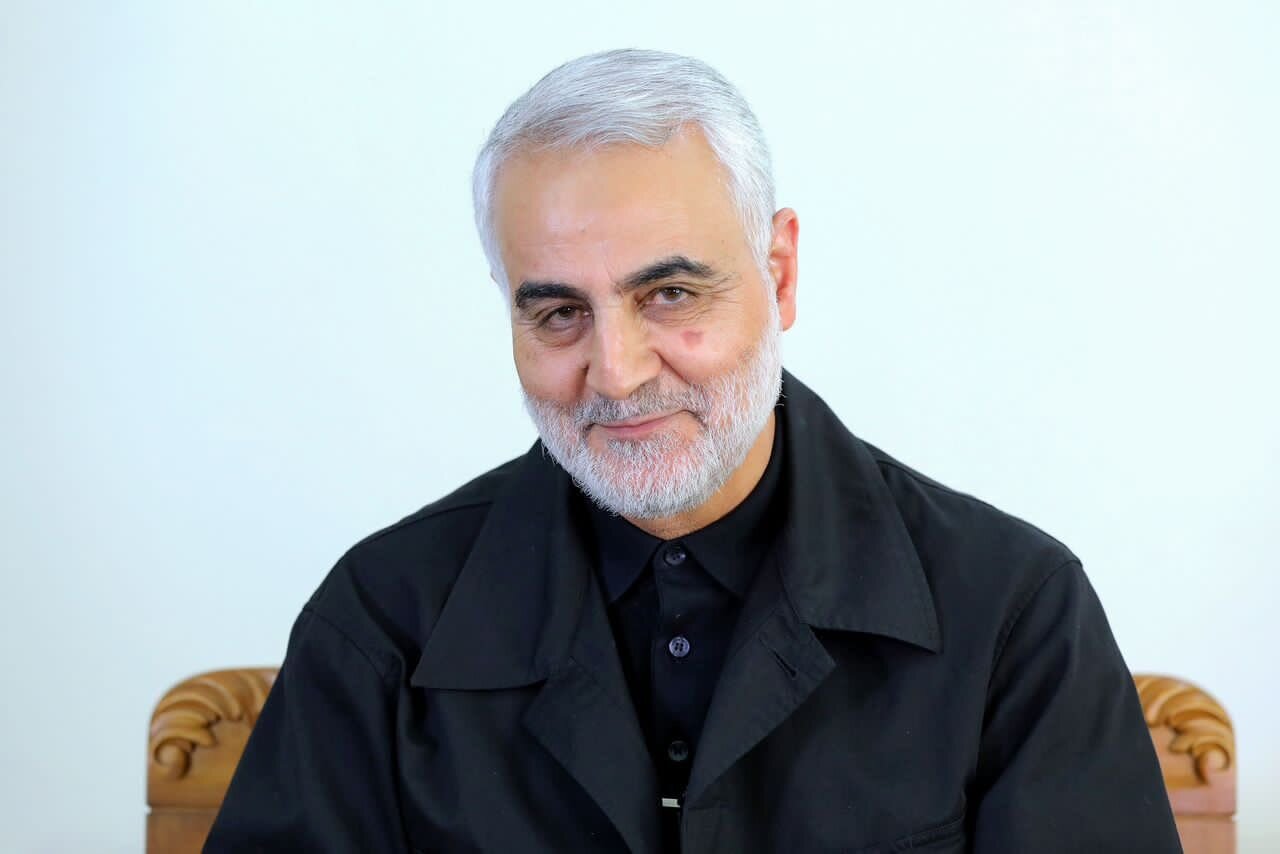INSUBCONTINENT EXCLUSIVE:
TEHRAN- The anti-terror commander Lieutenant General Qassem Soleimani’s decades-long efforts to foster harmony and a sense of fraternity
among Muslim countries have been praised by the Iranian foreign minister.Hossein Amir Abdollahian made the remarks in a tweet on his Twitter
account on Sunday regarding the most recent significant developments in West Asia, such as the restoration of diplomatic ties between Iran
and Saudi Arabia and Syria’s readmission to the Arab League after more than ten years.“Striving for unity and brotherhood between the
Islamic Ummah and the oppressed and cognizant people of the region was the very same plan for which the ‘general of hearts’, the beloved
Qassem Soleimani, the great hero of the fight against Zionism and terrorism, did not sleep for over 30 years! Obviously, this plan has
enemies, but it is important that the plan is being vigorously pursued,” Amir Abdollahian underlined. In line with a reconciliation deal
mediated by China, Iran’s embassy in the Saudi capital of Riyadh was formally reopened on June 6.Iran and Saudi Arabia decided to restart
communication and reestablish diplomatic missions on March 10 in Beijing.They also agreed to implement a security cooperation agreement
signed in April 2001 and another accord reached in May 1998 to boost cooperation in the areas of economy, commerce, investment, science,
culture, sports, and youth.Prince Faisal bin Farhan, the Foreign Minister of Saudi Arabia, visited the Iranian capital on Saturday in a
high-profile trip that was expected to mark the full resumption of diplomatic relations between Tehran and Riyadh.Prince Bin Farhan was
welcomed at the airport by Alireza Enayati, the head of the Persian Gulf Bureau at the Iranian Foreign Ministry
Enayati has recently been appointed as Iran’s ambassador to Saudi Arabia. Enayati said the visit by the Saudi foreign minister to Tehran
is another success of the “neighborhood policy” adopted by the Raisi administration to improve Iran’s relations with neighboring
countries.“In the past two years, the neighborhood policy in the Persian Gulf region has led to the development and deepening of relations
with the southern neighboring countries of Iran and Iraq,” Enayati said
“Iran and Saudi Arabia are the two important poles of the political field of the West Asian region, and with their multiple capacities,
they can play a decisive role in the equations of the global economy.”In Tehran, the Saudi foreign minister held a meeting with Amir
The two chief diplomats also held a joint press conference after the meeting. They hailed the positive trend in Iran-Saudi relations that
started in the wake of the March 10 agreement between Tehran and Riyadh. “I am happy to meet with the Saudi Foreign Minister and I am
glad that we were able to meet in Tehran after almost 100 days of the agreement
During this period, the embassies and consulates of the two countries were reopened in Tehran, Riyadh, Jeddah, and Mashhad, and the
ambassadors of the two countries were named and their political work is being done,” Amir Abdollahian said.Prince Faisal was in Tehran for
the first time since the two West Asian nations decided to mend their seven-year relationship.President Ebrahim Raisi, with whom Farhan
separately spoke, asserted that only opponents, mainly Israel, were enraged by the improvement in ties between Iran and Saudi Arabia.The
Saudi foreign minister also met with President Raisi. In the meeting, Prince Faisal bin Farhan conveyed the greetings of Saudi King Salman
bin Abdulaziz and Crown Prince Mohammad bin Salman to President Raisi. President Raisi and Prince Faisal bin Farhan discussed bilateral
relations and ways to enhance them in various areas
They also discussed regional and international issues and the efforts made in this regard, according to the Saudi Foreign Ministry. The
Iranian president welcomed the expansion of relations between Tehran and Riyadh
He said only Israel and the enemies of the Muslims are unhappy about the Iran-Saudi thaw. “Only the enemies of Muslims, and at the head
of them, the Zionist regime, are upset with the development of bilateral and regional cooperation between Iran and Saudi Arabia,” Raisi
said, according to a statement by the Iranian presidency.Underlining that certain issues and problems in the region have become the source
of suffering for the Islamic Ummah, Raisi said, “With the cooperation and dialogue between the countries of the region, these troubles and
problems can be overcome, and there is no need for foreign interference in this direction.”Raisi added, “The Zionist regime is not only
the enemy of the Palestinians, it is a threat to all Muslims, and the normalization of the relations of some countries with this regime not
only does not create security but is also against the opinion of the Islamic Ummah.”

